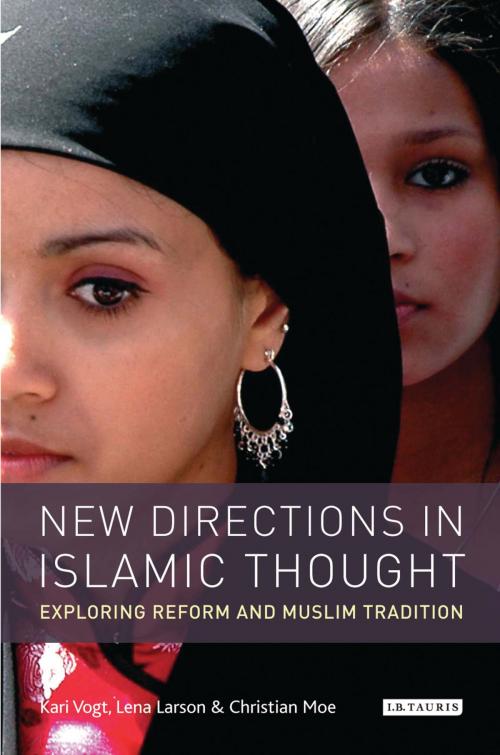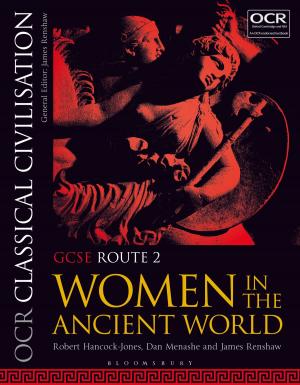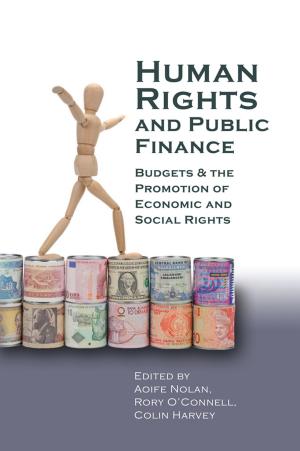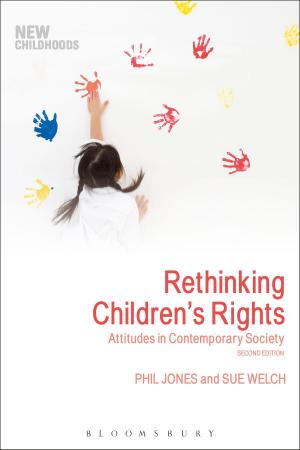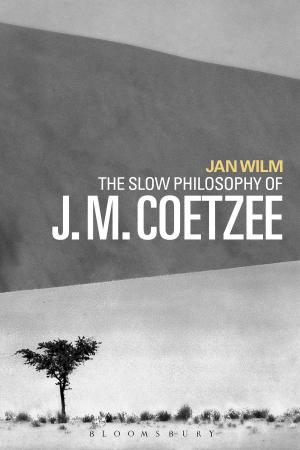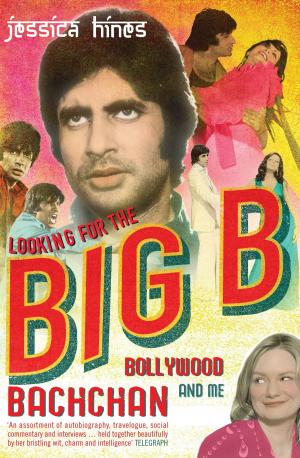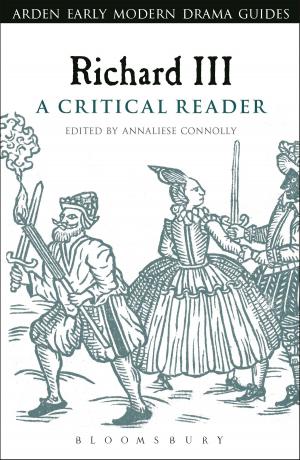New Directions in Islamic Thought
Exploring Reform and Muslim Tradition
Nonfiction, Religion & Spirituality, Middle East Religions, Islam, History, Middle East| Author: | Kari Vogt, Lena Larsen, Christian Moe | ISBN: | 9780857731654 |
| Publisher: | Bloomsbury Publishing | Publication: | February 25, 2011 |
| Imprint: | I.B. Tauris | Language: | English |
| Author: | Kari Vogt, Lena Larsen, Christian Moe |
| ISBN: | 9780857731654 |
| Publisher: | Bloomsbury Publishing |
| Publication: | February 25, 2011 |
| Imprint: | I.B. Tauris |
| Language: | English |
How are Muslims to reconcile their beliefs with the imperatives and pressures of the modern world? How should they handle the tension between their roles as private citizens and their religious affiliations and identities? This groundbreaking volume shows in what ways prominent Muslim intellectuals have themselves attempted to bridge the gap by reformulating traditional Islamic notions in a way that is consistent with contemporary understandings of equality, justice and pluralism. The contributors to the book examine the tradition that they seek to reform in relation to the human rights ethic of the modern world. The new wave of Islamic thinking which they represent emerges as multi-stranded rather than defined by a single trend or doctrine.
Themes covered include a deconstruction of patriarchal interpretations of the Qur'an; the distinctions between universal and context-specific parts of scriptural injunctions; a re-contextualisation of Shari'a law; and a critique of religious jurisprudence, particularly where this impinges on questions of sexuality and gender. Old texts are re-interpreted through the lived situations of real people today, and which gives full rein to the Muslim intellectual heritage in its entirety. The result is an indispensable portrayal of progressive Islamic thought in the twenty-first century, which will be an invaluable resource for students and scholars of religion, ethics, politics and Middle East studies, as well as policymakers in these fields.
How are Muslims to reconcile their beliefs with the imperatives and pressures of the modern world? How should they handle the tension between their roles as private citizens and their religious affiliations and identities? This groundbreaking volume shows in what ways prominent Muslim intellectuals have themselves attempted to bridge the gap by reformulating traditional Islamic notions in a way that is consistent with contemporary understandings of equality, justice and pluralism. The contributors to the book examine the tradition that they seek to reform in relation to the human rights ethic of the modern world. The new wave of Islamic thinking which they represent emerges as multi-stranded rather than defined by a single trend or doctrine.
Themes covered include a deconstruction of patriarchal interpretations of the Qur'an; the distinctions between universal and context-specific parts of scriptural injunctions; a re-contextualisation of Shari'a law; and a critique of religious jurisprudence, particularly where this impinges on questions of sexuality and gender. Old texts are re-interpreted through the lived situations of real people today, and which gives full rein to the Muslim intellectual heritage in its entirety. The result is an indispensable portrayal of progressive Islamic thought in the twenty-first century, which will be an invaluable resource for students and scholars of religion, ethics, politics and Middle East studies, as well as policymakers in these fields.
